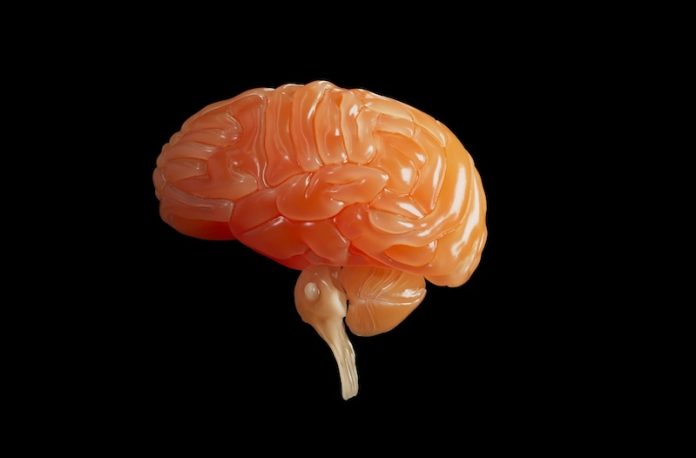
Alzheimer’s disease, a condition that leads to memory loss and cognitive decline, has puzzled scientists for decades.
While age and genetics are known risk factors, researchers are uncovering evidence that common viruses might play a role in triggering the disease.
This emerging field of study offers a new perspective on Alzheimer’s, suggesting that something as commonplace as a virus could influence its development.
Let’s delve into this intriguing area of research, breaking down complex concepts into understandable insights.
The human body encounters countless viruses over a lifetime, many of which are fought off without any long-term effects.
However, the hypothesis that viruses could contribute to Alzheimer’s disease suggests that these microscopic invaders might leave a lasting impact on the brain.
Herpes Simplex Virus and Alzheimer’s
One of the most studied connections is between Alzheimer’s disease and the herpes simplex virus (HSV). HSV-1, which causes cold sores, has been found in the brain cells of some individuals with Alzheimer’s.
Researchers speculate that the virus could contribute to the development of Alzheimer’s by causing chronic inflammation or directly damaging brain cells. The theory is that when the immune system weakens with age, HSV-1 could reactivate, leading to brain damage over time.
Other Viruses of Interest
Beyond HSV, other viruses have also been implicated in Alzheimer’s research. For example, studies have looked at the role of the varicella-zoster virus (the cause of chickenpox and shingles) and the Epstein-Barr virus (which causes mononucleosis).
The theory here is similar: these viruses might lay dormant in the body for years, only to reactivate and cause inflammation or cellular damage in the brain later in life.
The Inflammation Connection
A key factor linking viruses to Alzheimer’s is inflammation. When viruses infect the brain, they can trigger an immune response. While this is part of the body’s defense mechanism, chronic inflammation can harm brain cells and contribute to the conditions necessary for Alzheimer’s to develop.
This inflammation might accelerate the buildup of amyloid-beta plaques, a hallmark of Alzheimer’s disease, further impairing cognitive functions.
Genetic Susceptibility
Research also suggests that genetics might play a role in how viral infections influence Alzheimer’s risk. Certain genetic factors could make some individuals more susceptible to virus-induced brain changes.
This means that the impact of viruses on Alzheimer’s risk might vary significantly from person to person.
What Does This Mean for Prevention and Treatment?
The potential link between viruses and Alzheimer’s disease opens new avenues for prevention and treatment.
If future research confirms that viruses contribute to the disease, antiviral treatments could become a part of Alzheimer’s prevention or management strategies. Additionally, vaccines for specific viruses could also play a role in reducing Alzheimer’s risk.
However, it’s important to note that the research connecting viruses to Alzheimer’s is still in its early stages. While findings are promising, more studies are needed to fully understand the relationship and its implications for treatment.
In summary, the possibility that common viruses could trigger Alzheimer’s disease adds a fascinating layer to our understanding of this complex condition.
It underscores the importance of a holistic approach to Alzheimer’s research, considering not just genetic and lifestyle factors but also the potential role of infectious agents.
As science advances, we may find that preventing or managing Alzheimer’s disease could involve guarding against these unseen viral triggers.
If you care about brain health, please read studies about vitamin D deficiency linked to Alzheimer’s and vascular dementia, and higher magnesium intake could help benefit brain health.
For more information about brain health, please see recent studies about antioxidants that could help reduce dementia risk, and coconut oil could help improve cognitive function in Alzheimer’s.
Copyright © 2024 Knowridge Science Report. All rights reserved.



